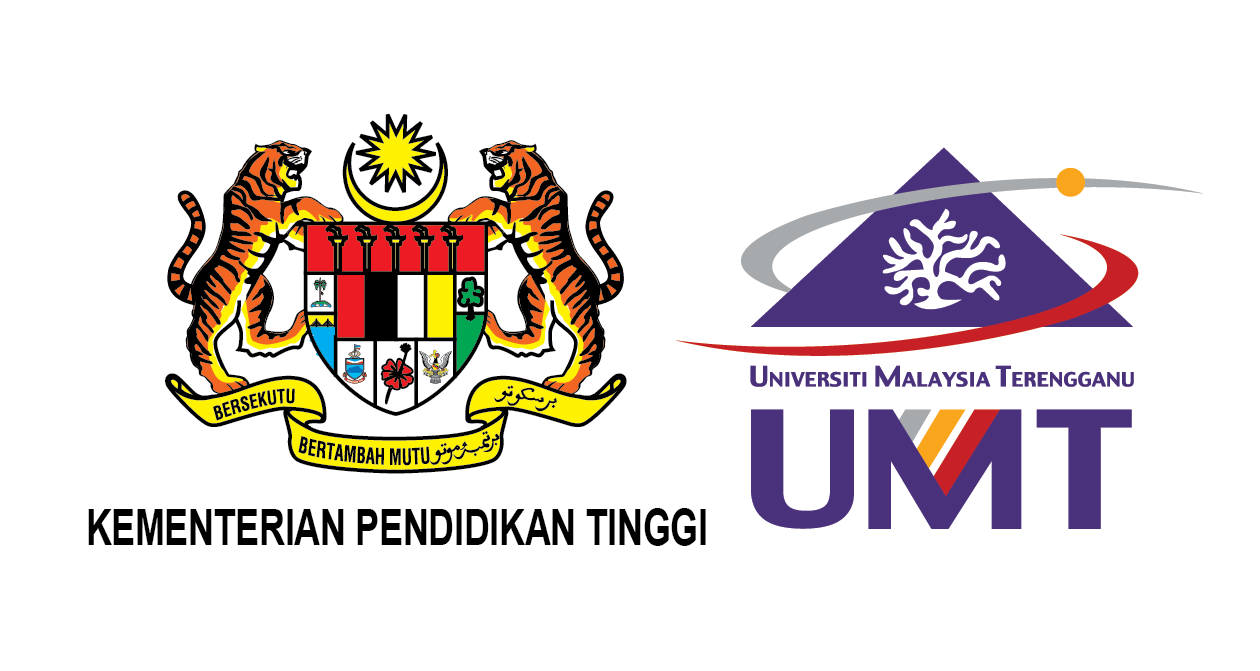Please use this identifier to cite or link to this item:
http://umt-ir.umt.edu.my:8080/handle/123456789/5215| Title: | Analytic Hierarchy Process for Determining Relative Weights of Risk Factors in Banking Crisis |
| Authors: | L. Abdullah |
| Keywords: | N.A. Sanusi Analytic Hierarchy Process Decision Making Banking Crisis |
| Issue Date: | 2015 |
| Publisher: | International Journal of Information Processing and Management |
| Abstract: | Banking crisis is a situation in which most of the banking sector is affected by the financial distress. However, risk factors that usually stand behind banking crisis are very much inconclusive. Although many financial researches unveiled several risk factors may contribute to a banking crisis but magnitude of the contribution or weight for each risk factor remains unknown. This paper aims to determine relative weights for risk factors contributed to banking crisis using a decision making approach. The pair-wise comparison method, analytic hierarchy process (AHP) model was employed in computing weights for the risk factors. Nine commercial banks operating in Malaysia were selected as attributes and eight risk factors in banking crisis were identified as alternatives in the framework of AHP. This method utilizes a nine-point intensity scale to enhance evaluation in decision-making environment. The relative weights of the risk factors were ranged between 0. 0242 to 0. 3084. The relative weights show that credit risk was the highest risk factor followed by liquidity risk. The lowest risk factor in banking crisis was equity risk. It is good to conclude that prudent credit management plays an important part in sustainability of banking industry |
| URI: | http://hdl.handle.net/123456789/5215 |
| ISSN: | 0306-4573 |
| Appears in Collections: | Journal Articles |
Files in This Item:
| File | Description | Size | Format | |
|---|---|---|---|---|
| 113-Analytic Hierarchy Process for Determining Relative Weights of Risk Factors in Banking Crisis.pdf | 787.86 kB | Adobe PDF | View/Open |
Items in UMT-IR are protected by copyright, with all rights reserved, unless otherwise indicated.

